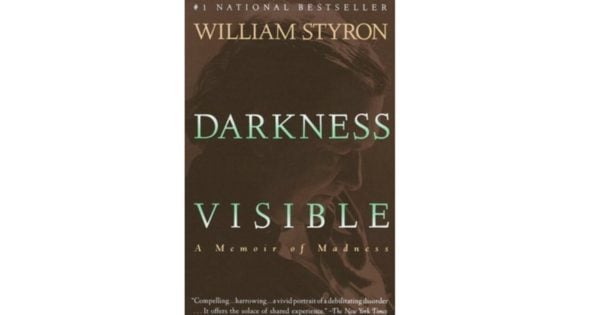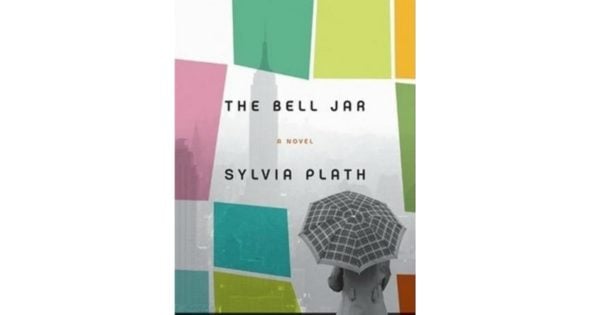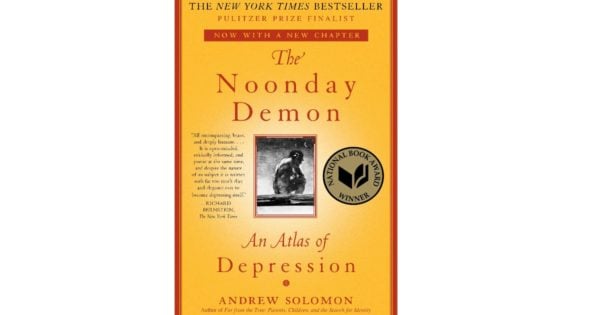Content warning: This post contains details of depression may be triggering for some readers.
My grandfather has always struggled with happiness.
There have been times when he has felt overwhelmed by sadness, and others where he has been sick with worry. For decades he has been plagued by a sense of guilt and unease. He is perpetually worried about his health, despite the fact he eats very well, exercises plenty, and there is absolutely nothing wrong with him.
My grandfather is incredibly intelligent and interesting, yet has always been extremely hard on himself. There have been times when he has been completely crippled by self loathing and anxiety.
But, up until recently, he had never talked about any of that.
About a year ago I came across a book titled Darkness Visible by William Styron. I saw it recommended online with a few excerpts and was struck by just how eloquently it described the experience of depression.





Top Comments
I think you need to learn to spell Auschwitz
If you are after an informative and personal book about depression and Bipolar there is a book that has just been released that is one of the best that I have read. Its called Lost Marbles: Insights into My Life with Depression and Bipolar and the author is Natasha Tracy. At the moment it's only available as an ebook on Amazon but will be released in hard copy later this month. Natasha has a blog called Bipolar Burble that I have been reading for close to 5 years and it is great